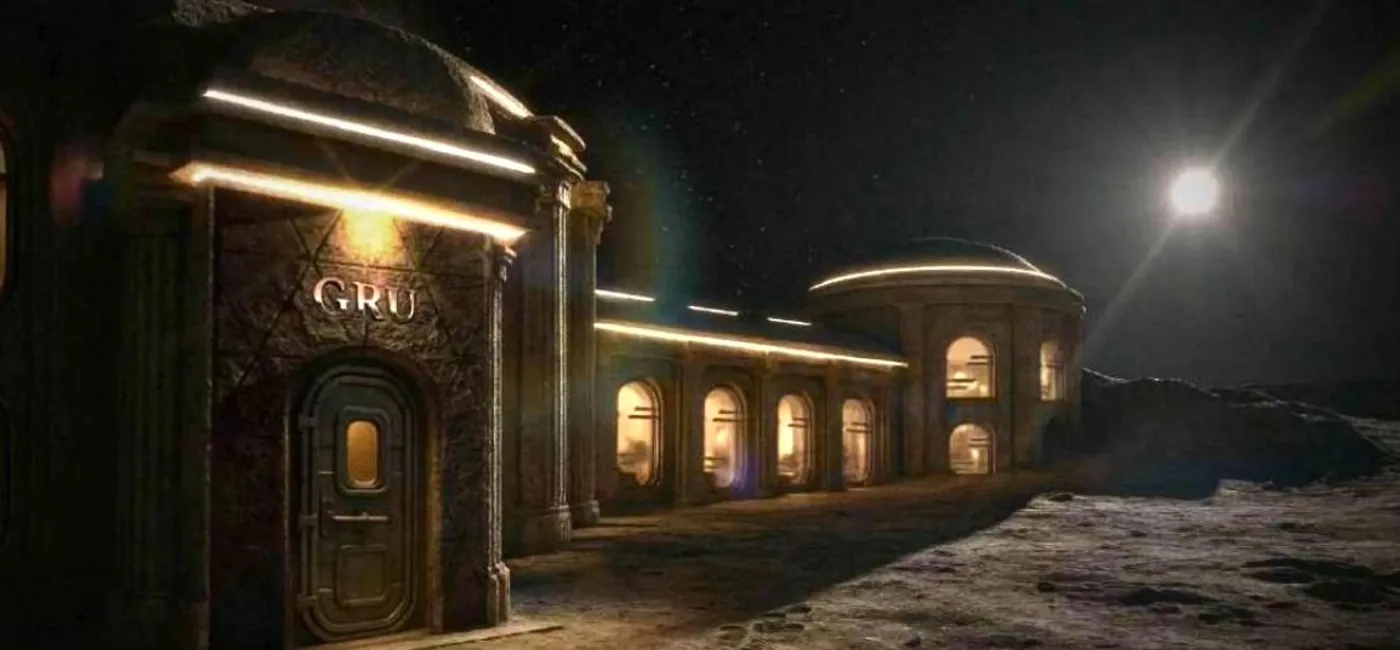Race to the Moon: NASA Opens Door to Blue Origin
SpaceX thought it had the new race to the Moon in the bag. In 2021, NASA had chosen Elon Musk’s company to build the Human Landing System (HLS), the lunar lander destined to return American astronauts to the lunar surface with the Artemis III mission, for the first time since 1972.
Now, however, NASA has put everything back on the table.
In a surprise move, the American space agency has reopened the door to Jeff Bezos’s Blue Origin and other companies, fearing that SpaceX will not be ready in time. The primary reason for this urgency has a specific name: China.
Race to the Moon: NASA Opens Door to Blue Origin, Fears SpaceX Delays for Artemis III
NASA Confirms: “Competition Essential Against China”
The announcement came directly from Sean Duffy, NASA’s acting administrator, who, on X (formerly Twitter), corrected the course set by the 2021 decision.
“SpaceX won the contract to build the HLS that will allow American astronauts to land on the Moon with Artemis III,” Duffy wrote. “But competition and innovation are essential for our dominance in space. That’s why NASA is opening HLS production to Blue Origin and other great American companies.”
The China Factor: “We Need to Get There FIRST”
NASA’s rethinking doesn’t stem from confirmed technical problems, but from growing geopolitical pressure. The Chinese space agency is advancing rapidly, determined to send its taikonauts to the Moon very quickly.
This “new space race” demands that the United States not miss its deadlines.
Duffy emphasized this unequivocally: “We are in a race against China, so we need the best companies operating at a speed that will allow us to get to the Moon FIRST.”
The capitalization of the word “FIRST” clarifies NASA’s fear: SpaceX’s HLS lander, a fundamental component of Artemis III (scheduled for 2028), might not be ready.
Doubts About SpaceX and Blue Origin’s Second Chance
When NASA launched the call for the HLS, SpaceX won by beating competitors like Boeing and Blue Origin, thanks to a promise of low costs and rapid development.
However, Elon Musk is as famous for his innovations as he is for numerous broken promises on timelines. His reassurances, evidently, are no longer enough for the agency.
Building a lunar lander for humans is a challenge of enormously greater complexity and risk than launching Starlink satellites. NASA, facing the risk of being overtaken by China, seems unwilling to rely on a single supplier, seeking a solid “Plan B.”
For Blue Origin, which lost bitterly in 2021, this is an unexpected opportunity to get back into the most important game of the decade.
A New Era for Space Conquest
This strategic move is reminiscent of the 1960s competition between the USA and the USSR. What’s at stake today, as it was then, is not just national pride.
Whoever dominates cislunar space ensures technological, strategic, and military superiority. NASA knows this, and to win this new space race, it has decided that relying exclusively on SpaceX is a risk it can no longer afford to take.






